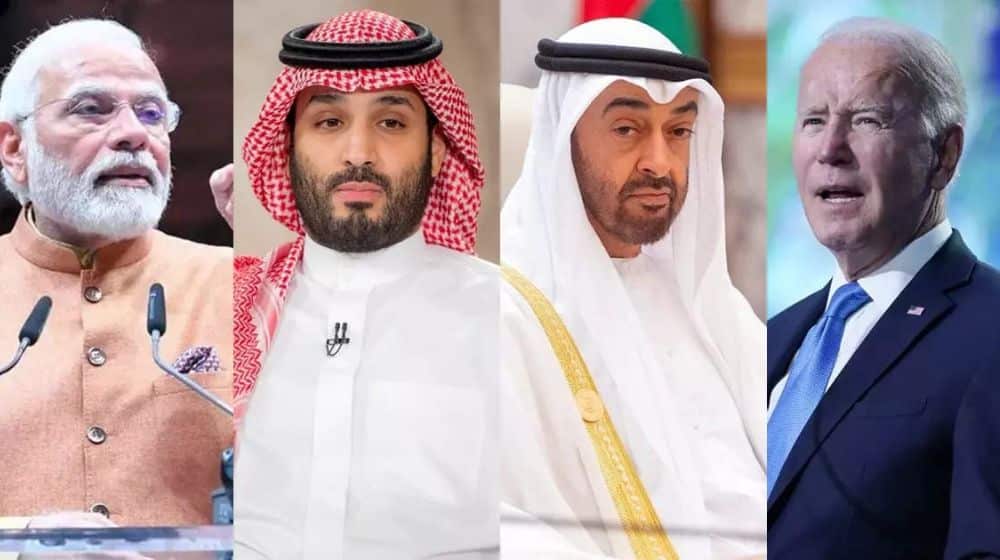In a bid to reshape trade dynamics between the Gulf and South Asia, the United States, Saudi Arabia, India, and several other nations are engaged in discussions over a potential infrastructure deal. According to sources within the U.S. government, these talks are centered around the ambitious goal of establishing rail connections among Middle Eastern countries and facilitating maritime trade links to India via ports. The discussions, which have included key players such as the United Arab Emirates and European nations, remain ongoing, with the outcome still uncertain. While the finalization of this groundbreaking deal is not guaranteed in time for an announcement at the Group of 20 (G20) leaders meeting this week, it represents a significant diplomatic and economic initiative.
Diplomatic Diplomacy and Geostrategic Significance
The talks, shrouded in a veil of secrecy, have been in progress for several months, indicating the seriousness with which these nations are pursuing the infrastructure pact. This initiative assumes pivotal importance as it aligns with several geostrategic interests. Foremost among these is the United States’ aspiration to provide an alternative partnership and investment avenue for developing nations, particularly in the Asia-Pacific region, as a countermeasure to China’s expansive Belt and Road global infrastructure initiative. President Joe Biden’s administration is keen to showcase Washington’s commitment to being a reliable partner, emphasizing diplomatic collaboration as a crucial tool in international relations.
Regional Trade Optimization and Economic Benefits
Beyond its diplomatic implications, the proposed multinational infrastructure agreement holds the potential to usher in a new era of efficient trade practices. Officials involved in these discussions are hopeful that the project will lead to reduced shipping times, cost savings, decreased reliance on diesel, and ultimately, a faster and more affordable trade network. Such developments could significantly benefit the economies of participating nations, making the prospect of this infrastructure deal all the more appealing.
Broadening Investment Horizons and Economic Expansion
Saudi Arabia, a key player in these infrastructure deliberations, is also actively exploring avenues to expand its global economic presence. Concurrently, it is in talks with Italy regarding a prospective Saudi investment in Rome’s newly established strategic fund. The kingdom’s strategic focus includes energy, sustainability, supply chain diversification, and sports-related investments, underscoring Saudi Arabia’s determination to diversify its economic portfolio and extend its reach into global markets. These discussions mark a strategic move by Saudi Arabia to strengthen its ties with European nations while capitalizing on Italy’s strategic location and economic opportunities.
As the world watches with bated breath, these high-stakes negotiations may pave the way for a new era in international trade and diplomacy. While the outcome remains uncertain, the potential benefits of improved trade networks, economic cooperation, and strengthened global ties make these discussions a significant development on the world stage. Whether or not an official announcement occurs during the G20 leaders meeting, the infrastructure talks have already ignited hopes for a brighter, more interconnected future between the Gulf and South Asia.















